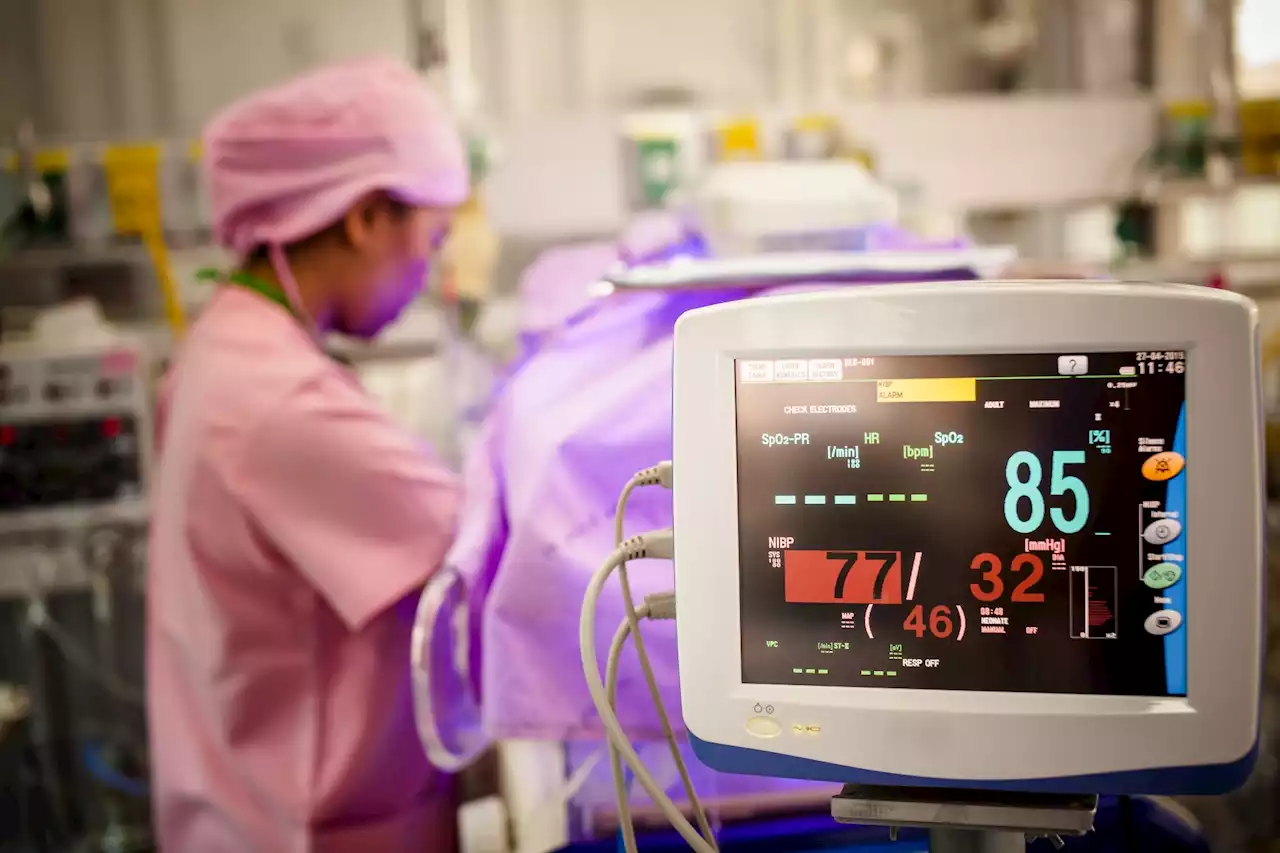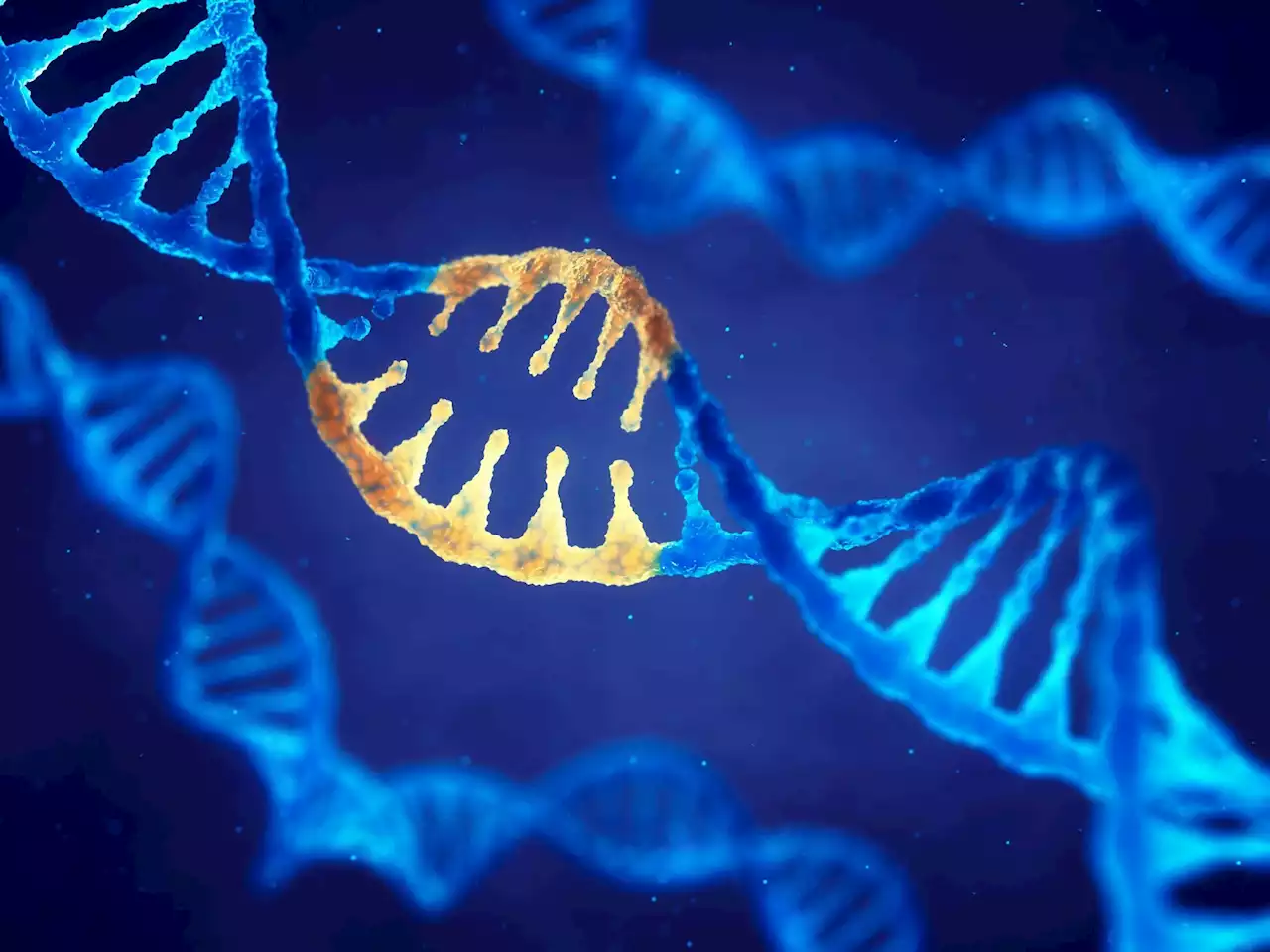C syndrome, also known as Opitz trigonocephaly syndrome (OTCS) or C Syndrome, is a rare and heterogeneous genetic disorder with a broad range of severity.
C syndrome consists of trigonocephaly and dysmorphic craniofacial features as the hallmark features. In the literature, there are just about 60 cases of this syndrome. OTCS's vast clinical range overlaps with that of other clinical entities, further complicating the diagnosis.
Several chromosomal disorders have been linked to trigonocephaly. Sargent et al. presented a case with first-cousin parents and two afflicted siblings. Clinically, OTCS is quite variable, with a wide range of severity. It is characterized by a significant developmental delay. However, there have been reports of instances with mild to normal intelligence. One of its key characteristics is trigonocephaly, which, while not exclusive, has become essential and definitional of OTCS.
Female pseudohermaphroditism, gingival overgrowth, and hypoplasia of the ear cartilage are also commonly observed. Occasionally, patients with OTCS can also exhibit cleft palate, congenital diaphragmatic hernia, constipation, toe, and hand polydactyly. Many of the patients had epileptic fits at some point during their lives. Usually, pregnancies are uneventful, however, anhydramnios caused by renal anomalies or some of the most serious congenital defects can be discovered by ultrasonography.
The labor and delivery happened on their own. At one and five minutes, the Apgar score was 9 and 10, respectively.
United Kingdom Latest News, United Kingdom Headlines
Similar News:You can also read news stories similar to this one that we have collected from other news sources.
 Blood test for chronic fatigue syndrome found to be 91% accurateAn international team of medical researchers has announced the development of a blood test for chronic fatigue syndrome. The test is reportedly 91% accurate. In their paper published in the journal Advanced Science, the group describes their test, how it works and how well it has fared during initial testing.
Blood test for chronic fatigue syndrome found to be 91% accurateAn international team of medical researchers has announced the development of a blood test for chronic fatigue syndrome. The test is reportedly 91% accurate. In their paper published in the journal Advanced Science, the group describes their test, how it works and how well it has fared during initial testing.
Read more »
 Doctors Still Don't Know How to Talk About Down SyndromeA new study sheds light on the role of bias in prenatal diagnoses
Doctors Still Don't Know How to Talk About Down SyndromeA new study sheds light on the role of bias in prenatal diagnoses
Read more »
 What factors are associated with readmission in pediatric survivors of acute respiratory distress syndrome (ARDS)?Researchers explore the rates of readmission over the first year among children who survived acute respiratory distress syndrome.
What factors are associated with readmission in pediatric survivors of acute respiratory distress syndrome (ARDS)?Researchers explore the rates of readmission over the first year among children who survived acute respiratory distress syndrome.
Read more »
 What is Otopalatodigital Syndrome (Type I and II)?Otopalatodigital spectrum disorders (OPDSD) constitute a group of rare, congenital, X-linked conditions caused by mutations in the filamin A (FLNA) gene.
What is Otopalatodigital Syndrome (Type I and II)?Otopalatodigital spectrum disorders (OPDSD) constitute a group of rare, congenital, X-linked conditions caused by mutations in the filamin A (FLNA) gene.
Read more »
 Stem cell-derived components may treat underlying causes of PCOSPolycystic ovary syndrome (PCOS) is a pervasive endocrine disorder that affects millions of women globally, impacting their hormonal balance, fertility and overall well-being. It is notoriously difficult to treat, with widely varying symptoms and mysterious, complex underlying causes. Researchers at the University of Chicago recently unveiled a potential new PCOS treatment that may improve multiple PCOS symptoms by regulating body systems and reducing inflammation.
Stem cell-derived components may treat underlying causes of PCOSPolycystic ovary syndrome (PCOS) is a pervasive endocrine disorder that affects millions of women globally, impacting their hormonal balance, fertility and overall well-being. It is notoriously difficult to treat, with widely varying symptoms and mysterious, complex underlying causes. Researchers at the University of Chicago recently unveiled a potential new PCOS treatment that may improve multiple PCOS symptoms by regulating body systems and reducing inflammation.
Read more »
 Warren Feeney makes his feelings known on Niall McGinn's international futureFormer Celtic and Aberdeen man netted a brace in Glentoran's win over Newry City
Warren Feeney makes his feelings known on Niall McGinn's international futureFormer Celtic and Aberdeen man netted a brace in Glentoran's win over Newry City
Read more »
